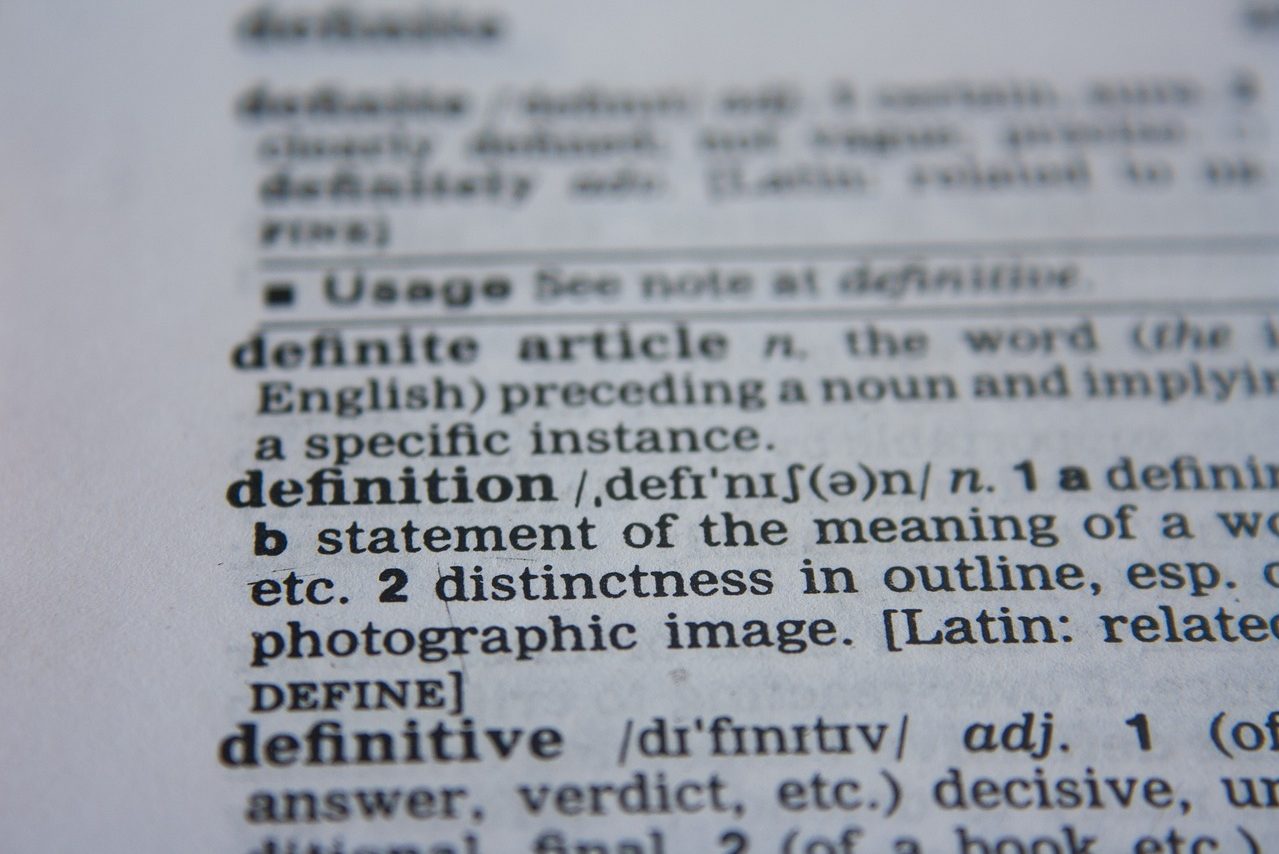The definition of neglect is taken from Working Together to Safeguard Children 2023. Working Together 2023, as it’s commonly known, is the statutory guide to multi-agency working to help, protect and promote the welfare
of children. You can read the full guide HERE.

Neglect is defined as…
The persistent failure to meet a child’s basic physical and/or psychological needs, likely to result in the serious impairment of the child’s health or development.
Neglect may occur during pregnancy as a result of maternal substance abuse. Once a child is born, neglect may involve a parent or carer failing to:
• provide adequate food, clothing, and shelter (including exclusion from home or abandonment)
• protect a child from physical and emotional harm or danger
• ensure adequate supervision (including the use of inadequate caregivers)
• ensure access to appropriate medical care or treatment
• provide suitable education
It may also include neglect of, or unresponsiveness to, a child’s basic emotional needs.
Let’s take a moment to reflect on the definition…
The word ‘persistent’ is useful in the context of busy family life where no one gets things right all of the time. But how persistent is persistent? It’s useful to reflect with colleagues or supervisors on a child’s experience over a period of time and think patterns as well as persistency. Chronologies are a helpful way of bringing into focus what life has been like for a child over a period of time. Take a look at our Chronologies page for a guide to using chronologies.
Think about how you would feel if someone described you as ‘failing’ at something? The definition includes the word failure however we want to avoid using this in our conversations with families, report writing etc. Such words can increase a sense of shame a parent may already be feeling. A helpful alternative to use is ‘unable to….’
What is adequate…what is appropriate? Neglect can be open to bias and subjectivity and so to help us gain a shared understanding in Plymouth of what adequate and appropriate looks like we’ve adopted the Graded Care Profile 2 as a means of assessing the level of care parents provide for their children. To find out more go to GCP2.
The definition helps us know what neglect is, but we also need to consider what’s led to the neglect e.g. what’s happened to the parents or what’s preventing them from being the parent they would like to be? Take a look at the Contributing Factors page to explore what may underpin neglect.

